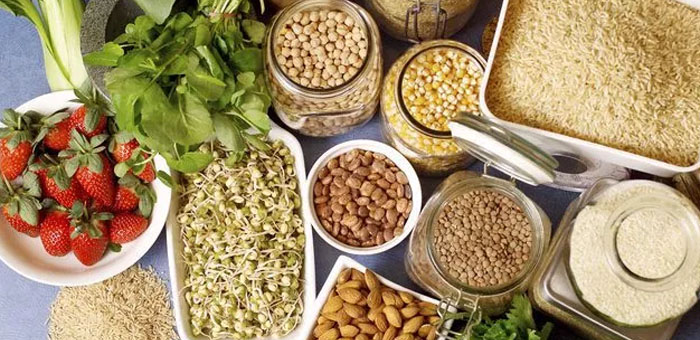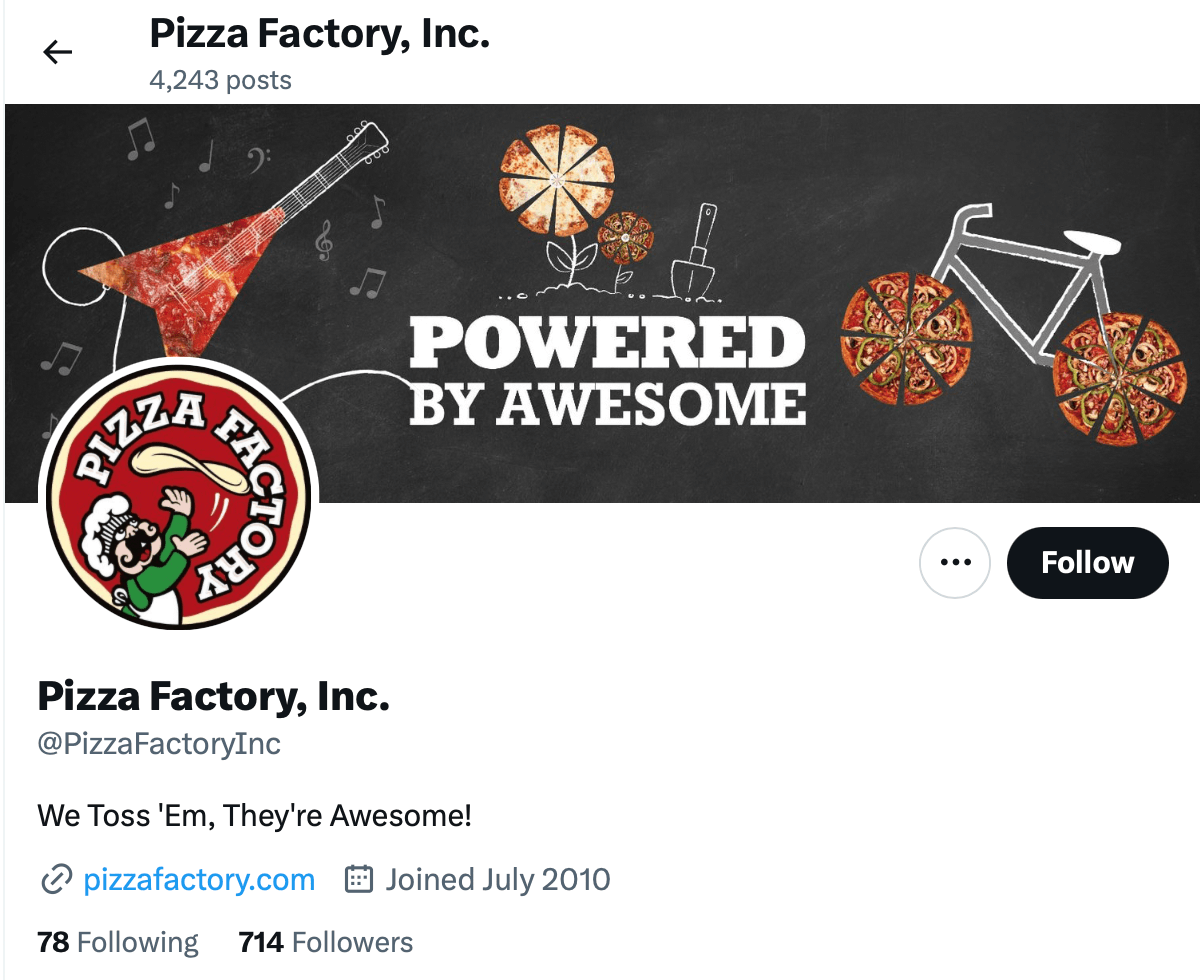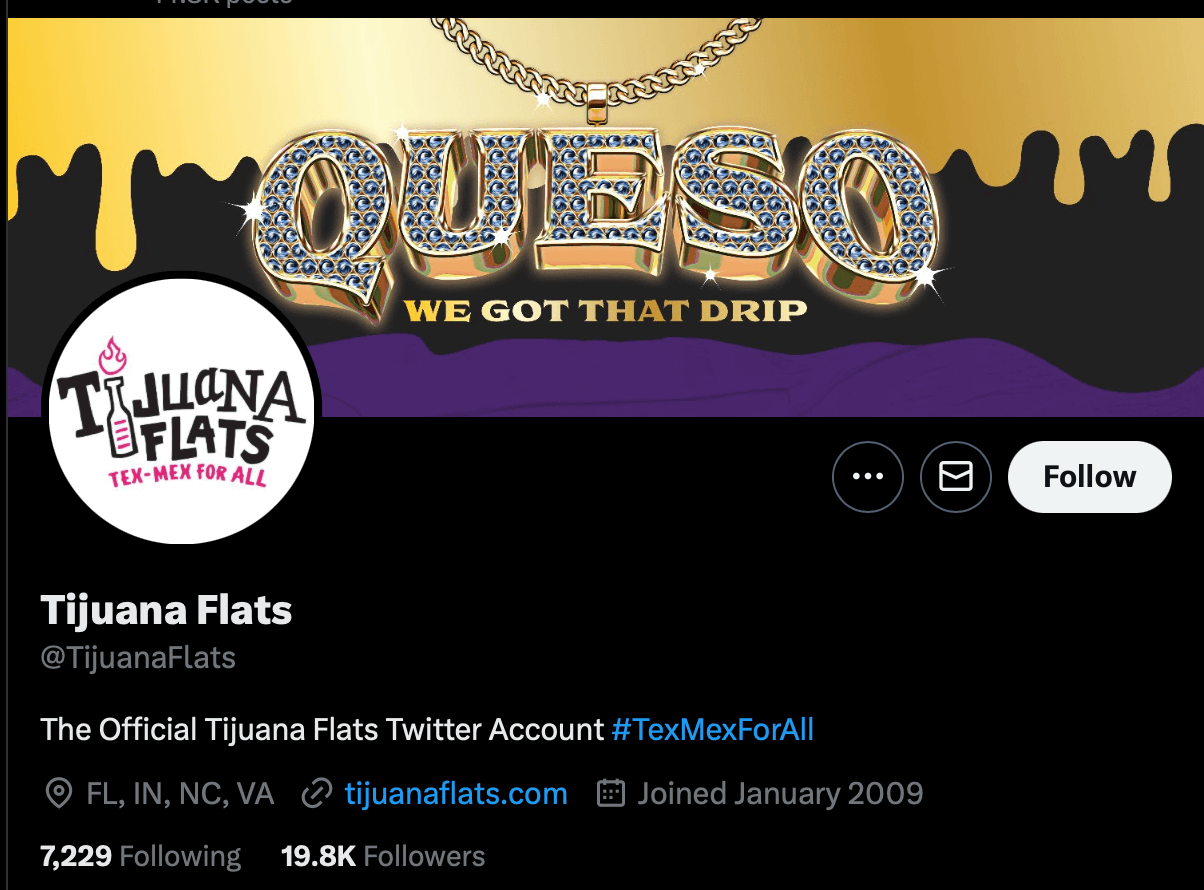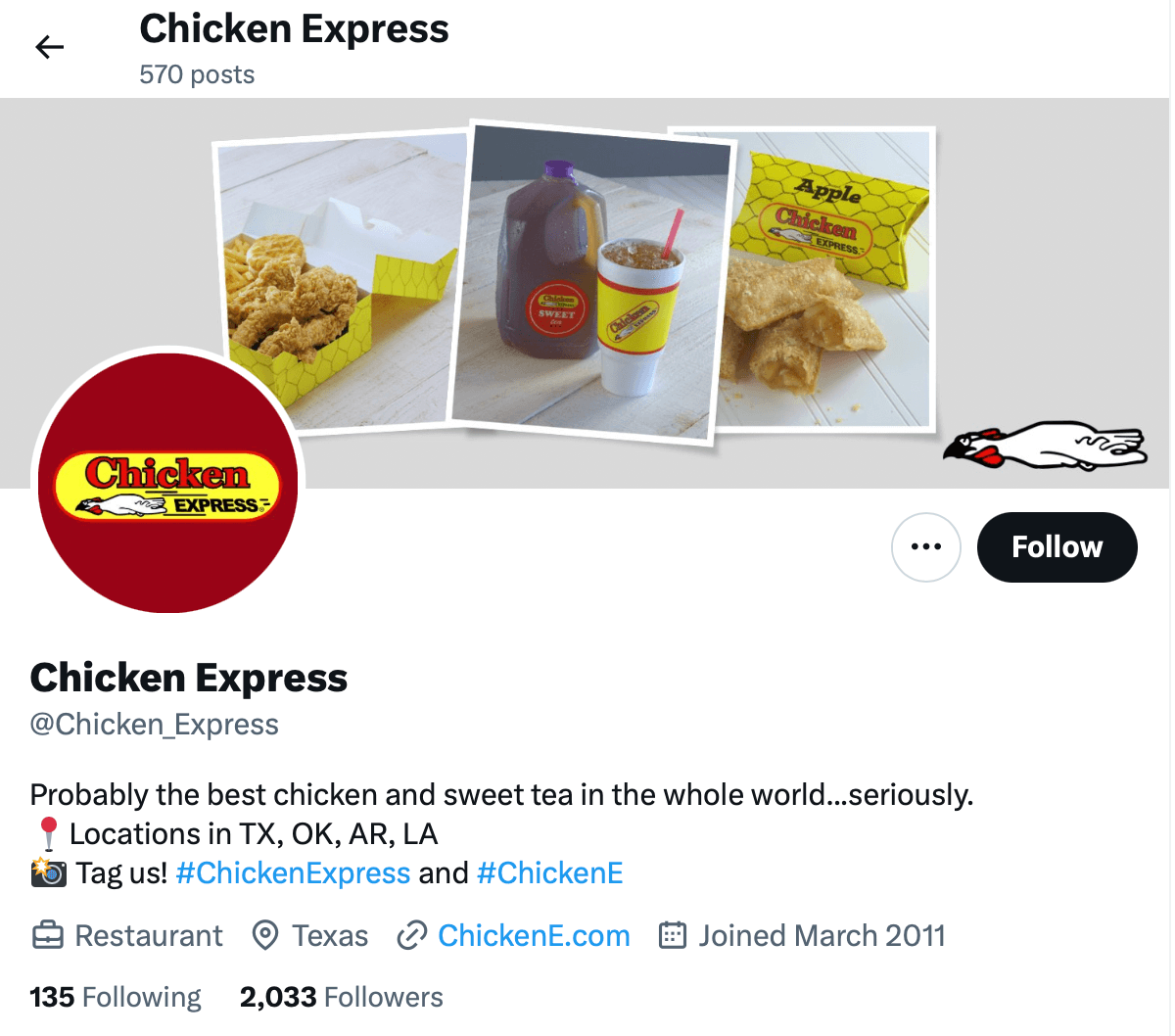Every week, across the country, more food trucks are joining the Meatless Monday project. Whether they have full on vegetarian menus, or trucks that serve meat but offer meatless options, more and more questions are coming in from our readers about the best ways to serve their vegan or vegetarian customers. Today we want to share a list of protein sources for a vegetarian that can be mixed or matched in your menu items, to provide protein dense options.
You may be wondering why you would want protein dense items on your menu, well, there are a few reasons. Protein is a macro nutrient composed of amino acids that is necessary for the proper growth and function of the human body. While the body can manufacture several amino acids required for protein production, a set of essential amino acids needs to be obtained from animal and/or vegetable protein sources.
There is considerable debate over the amount of protein a person needs to consume per day. Look at the current recommended daily intake (RDI) of protein is 46 grams for women aged 19-70 and 56 grams for men aged 19-70. Any excess protein consumed is turned into energy by the body. Nobody has proven whether this excess protein causes a strain on the liver. A deficiency in protein leads to muscle atrophy, and impaired functioning of the human body in general.
Top 5 Protein Sources for a Vegetarian
Cheese
Of all cheeses low sodium Parmesan cheese provides the most protein with 41.6 grams per 100 gram serving. Regular whole Parmesan follows at 35.8 grams of protein per 100 grams. That is 10 grams of protein per ounce, and 3.6 grams per cubic inch. Other cheeses like Romano, Mozzarella, and Swiss provide around 28-30 grams of protein per 100 gram serving. Softer cream cheeses, or spreadable cheeses, provide the least protein with only 16 grams per 100 gram serving.
Mature (Large) Beans
The older, larger, and more mature a bean gets the more protein it carries. Mature roasted soybeans have the most providing 39.6 grams of protein per 100 gram serving, or 68 grams per cup. Soybeans are followed by mature Lupin beans which provide 15.6 grams per 100 gram serving. That is 25.8 grams per cup.
Roasted Pumpkin, Squash, and Watermelon Seeds
A popular food in the Middle East and East Asia pumpkin and squash seeds provide 33 grams of protein per 100g serving, that is 74.8 grams per cup and 9.2 grams per ounce. Watermelon seeds provide slightly less at 28 grams of protein per 100 gram serving. If you can’t find these seeds in your local supermarket you will surely find them in Middle Eastern or East Asian specialty stores. Alternatively, you can also save any pumpkin, squash, and watermelon seeds you have and roast them in your oven. Consume the seeds by cracking the outer shell and eating the seed inside.
Yeast Extract Spread (aka: Marmite)
Yeast extract spreads are popular in Britain and Europe, and have started to gain popularity in the U.S. A good vegan source of vitamin B12, the spread also packs a lot of protein. One hundred grams of marmite provides 27.8 grams of protein, that is 1.7 grams per teaspoon.
Lentils, Pulses, and Peanuts
Lentils, pulses, and peanuts (a legume) are a great vegan source of protein. Peanuts provide the most protein with 23.7 grams per 100 gram serving or 6.6 grams per ounce, 0.2 grams per peanut. Lentils provide the most protein when consumed raw at 25.8 grams per 100 gram serving, and 9 grams per 100g serving cooked (17.9 grams of protein per cup).
RELATED: Veganizing Your Menu For Meatless Monday
The Bottom Line
While there are plenty of additional protein sources for a vegetarian, ( i.e. Low-Carb Flat Breads, Chick Peas, Kidney Beans, Baked Beans, Tofu, Almonds, Peanut Butter, Soy Milk, Dried Apricots and Avocado), these 5 items are the most dense in protein. If you think we missed something in our Top 5 Protein Sources for a Vegetarian list, please feel free to share on social media.
Please do your part today and join the Meatless Monday movement? Signing up is fast and easy! Follow them on Twitter.




